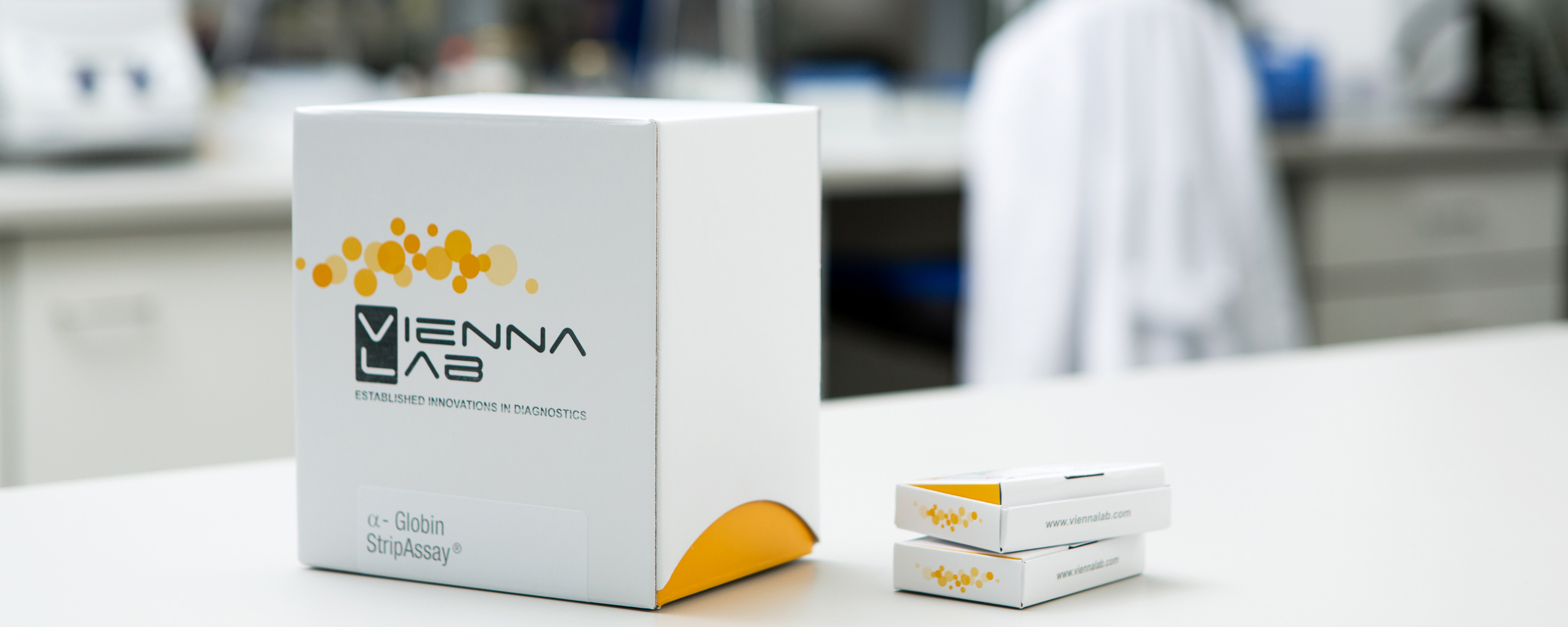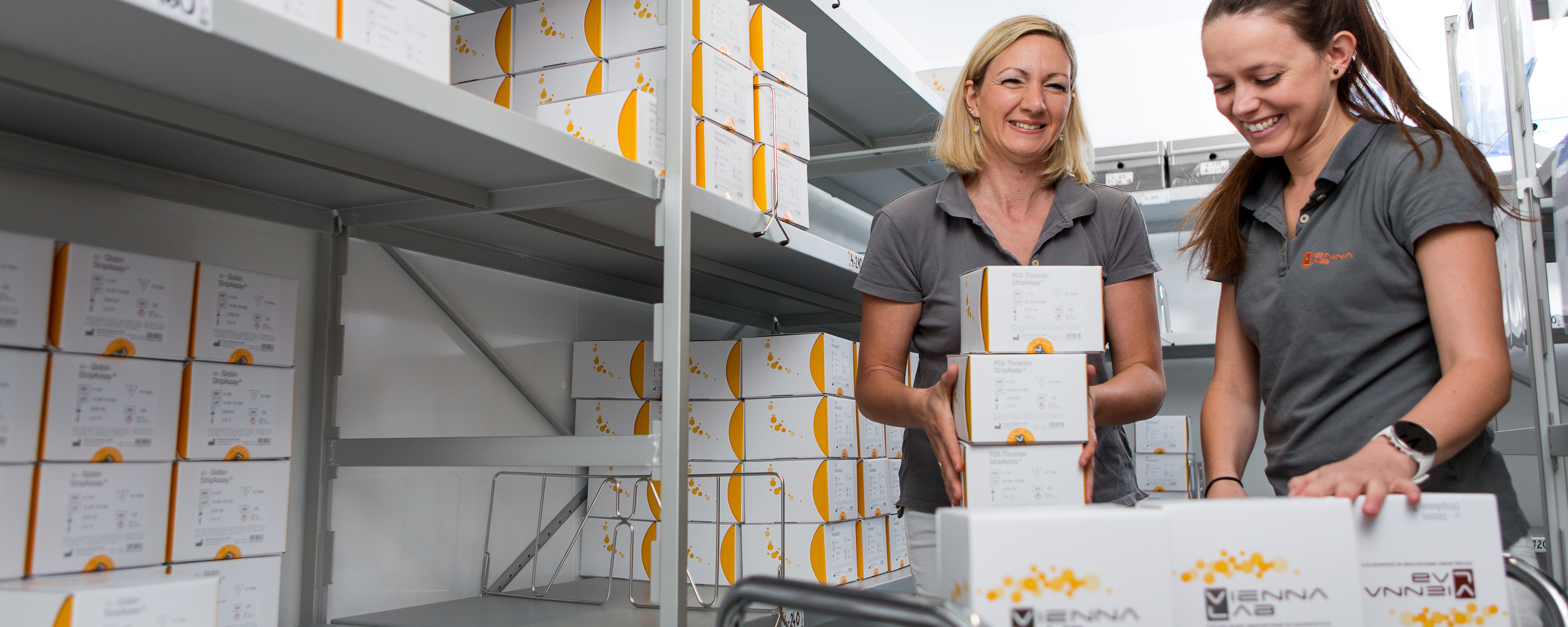Hereditary haemochromatosis is one of the most prevalent genetic disorders in the Northern European population. It is characterized by progressive accumulation of iron in various organs. ViennaLab assays identify the most frequent genetic variants causing iron overload.
Haemochromatosis
- Hereditary haemochromatosis (HH) is an inherited iron overload disorder characterized by excessive absorption and deposition of iron.
- HH is caused by mutations in the HFE, TFR2 or FPN1 genes.
- Over time, iron deposition can lead to dysfunction and failure in multiple organs.
- If left untreated, HH can lead to liver cirrhosis, liver cancer, diabetes, arthritis, and cardiopathies.
- The primary goal in the management of HH is to identify patients and initiate treatment before irreversible damage occurs.
- Therefore, early diagnosis and treatment initiation are essential to allow a virtually normal life for affected individuals.
Link to ACG Clinical Guideline








